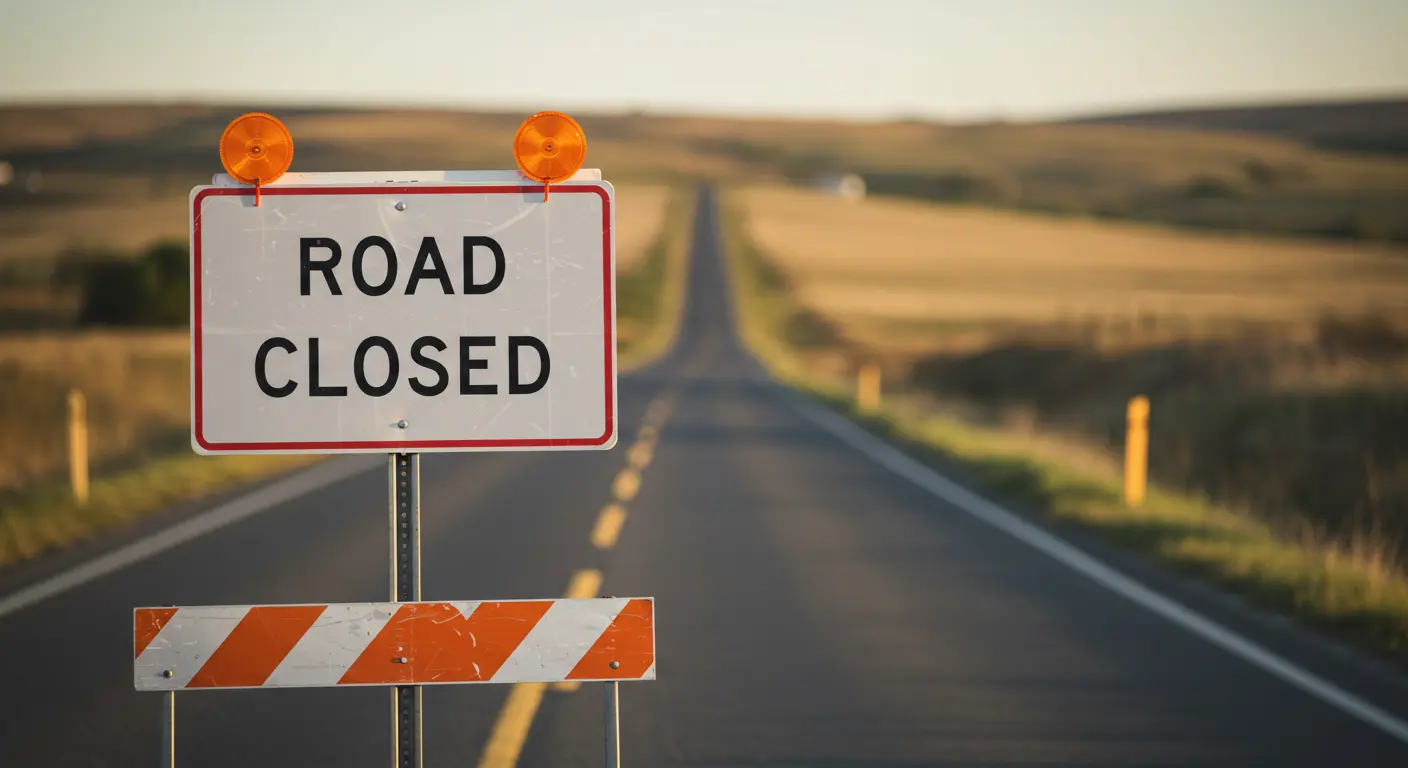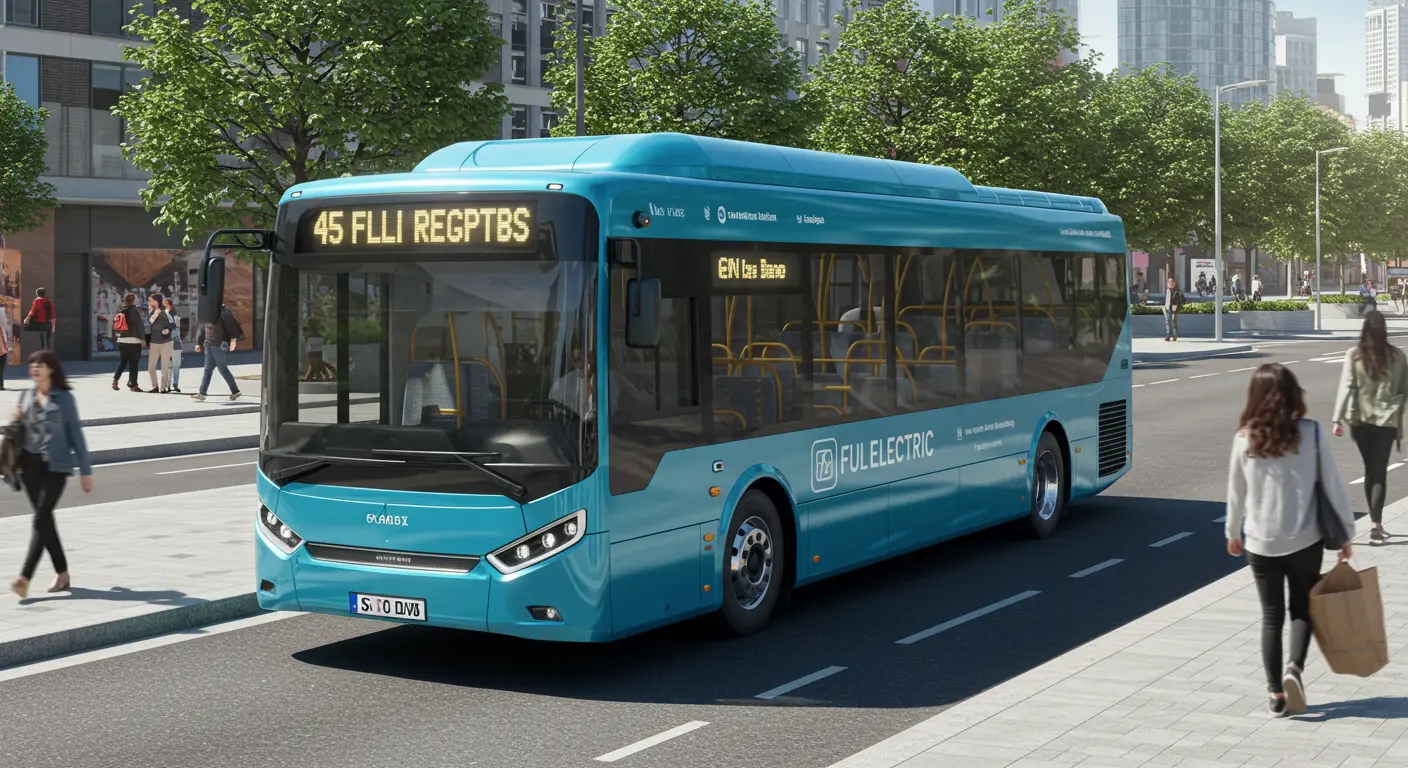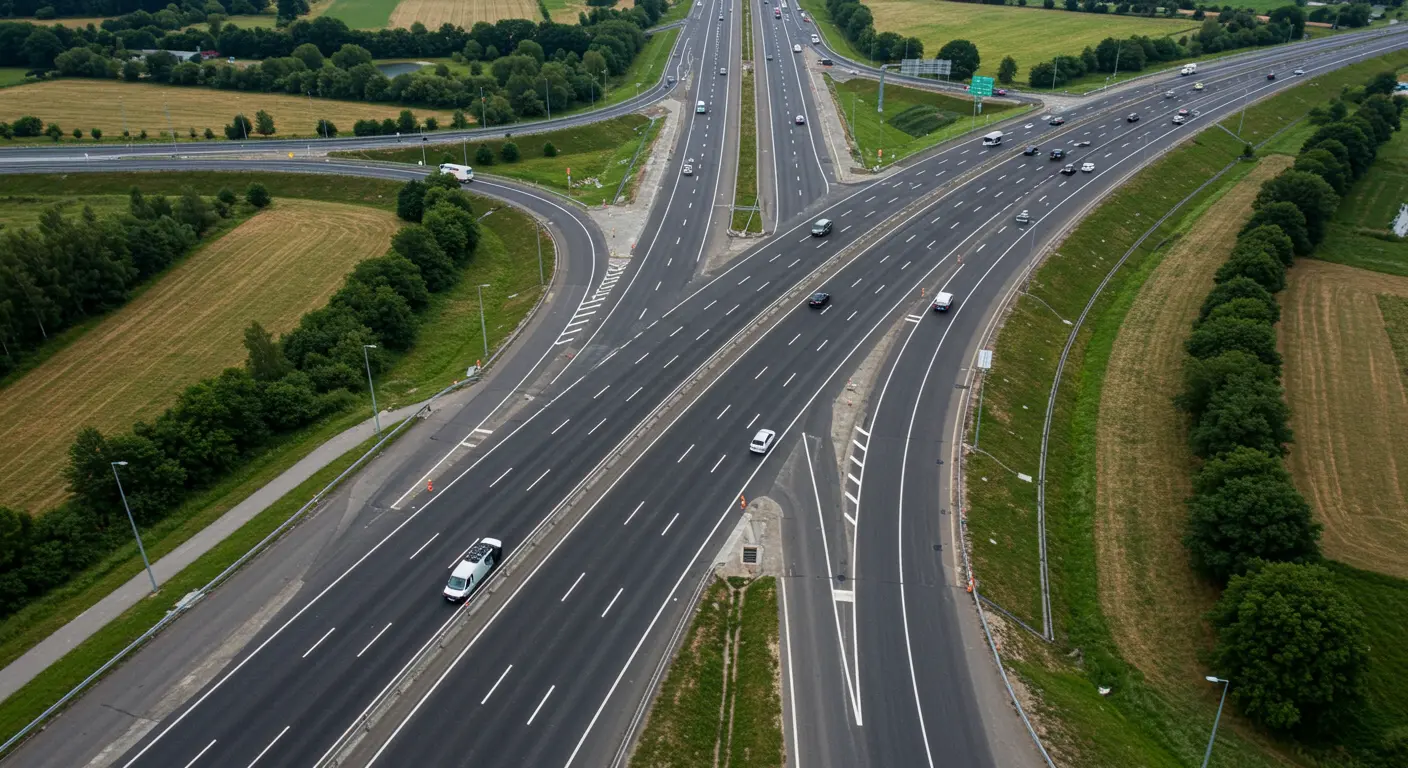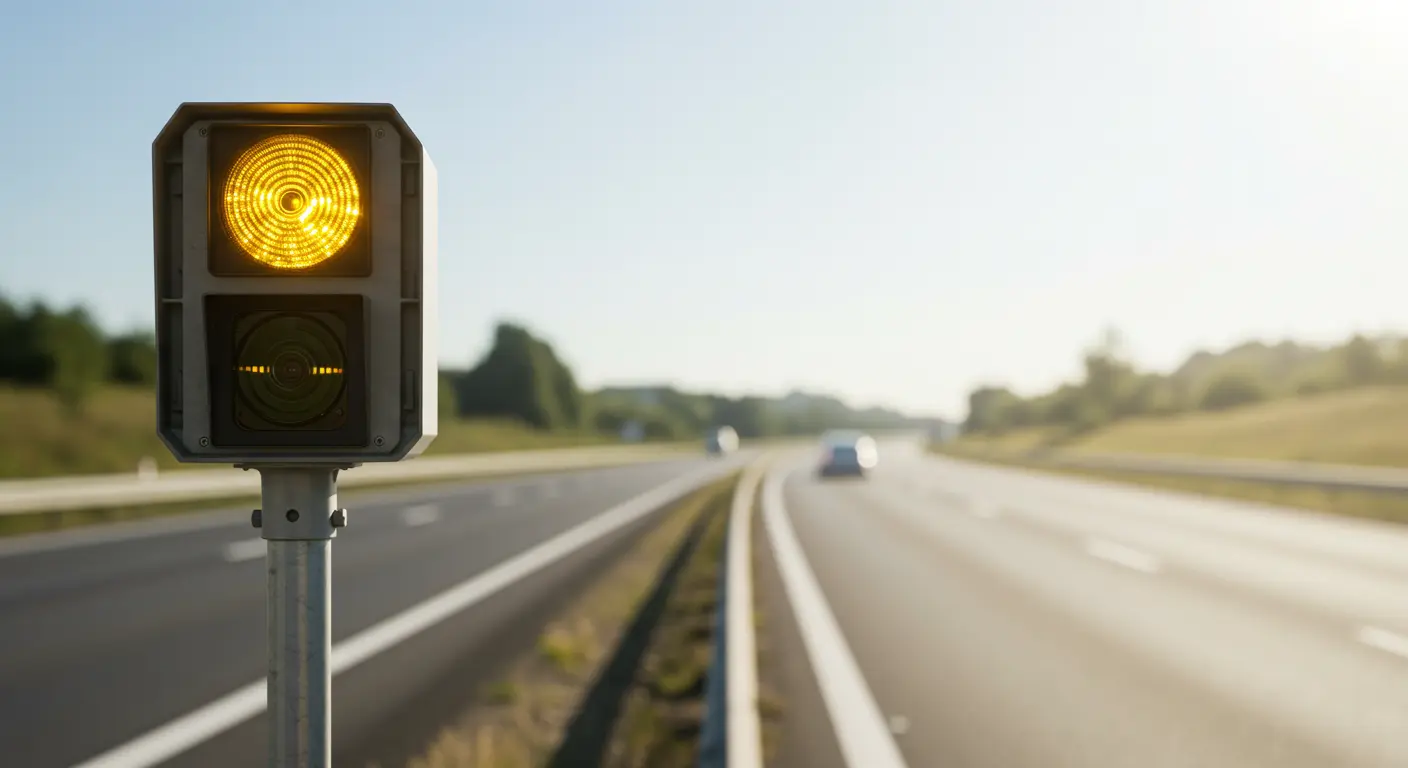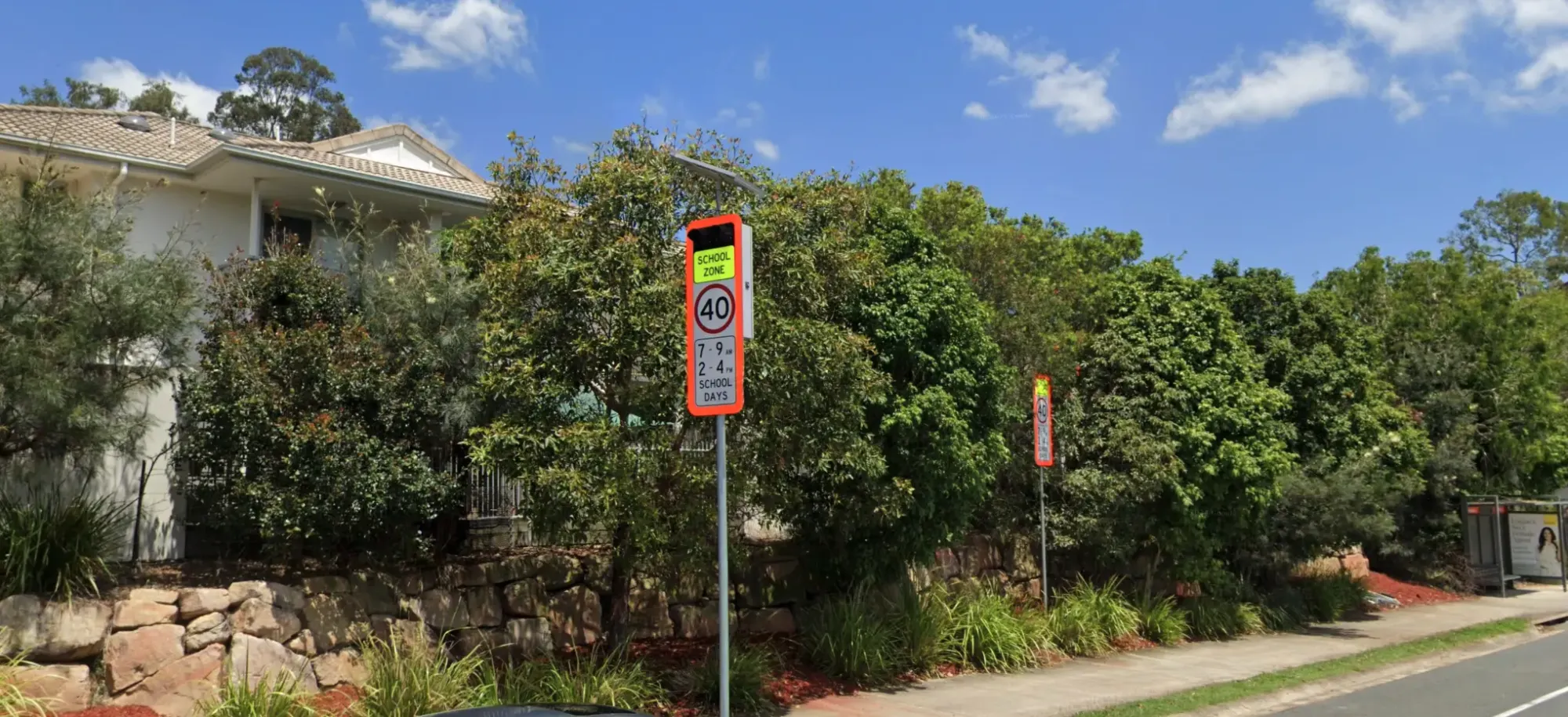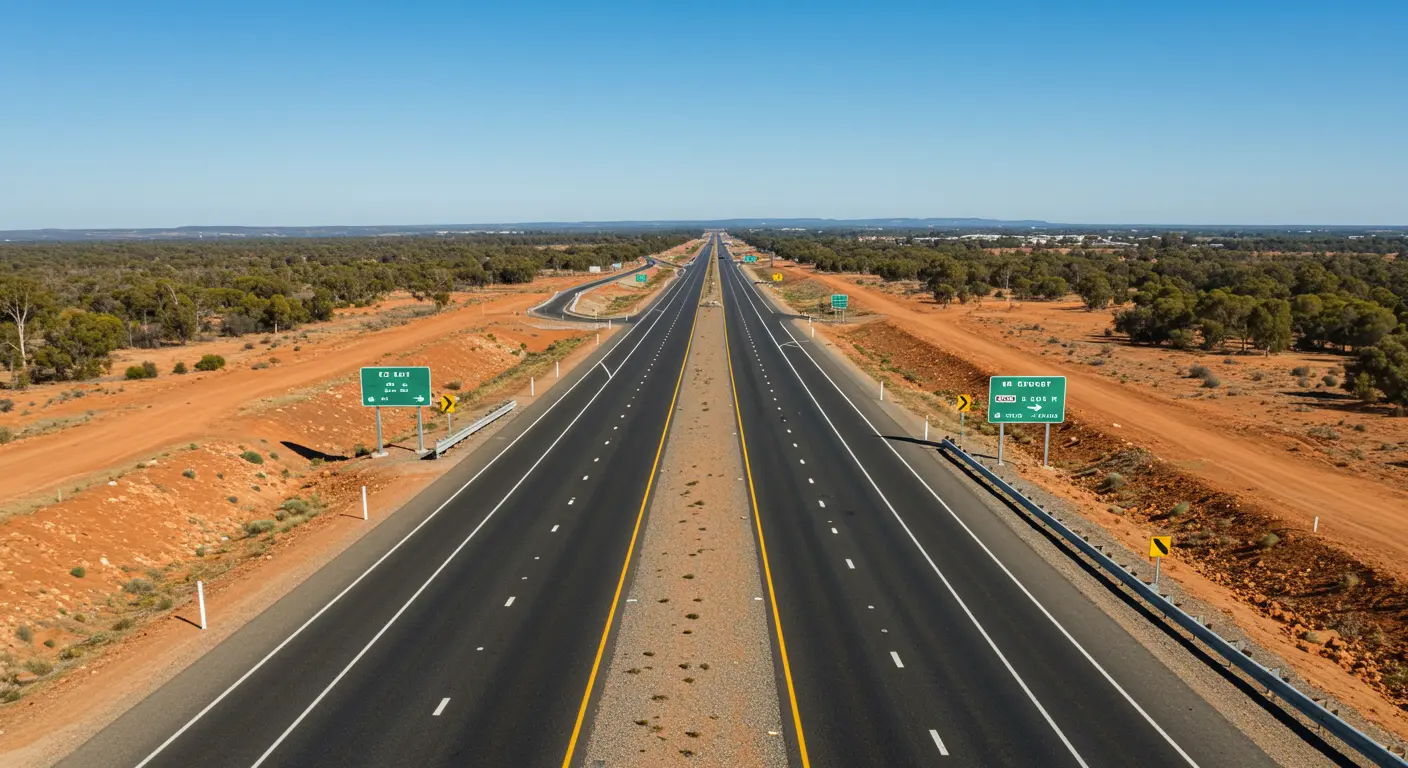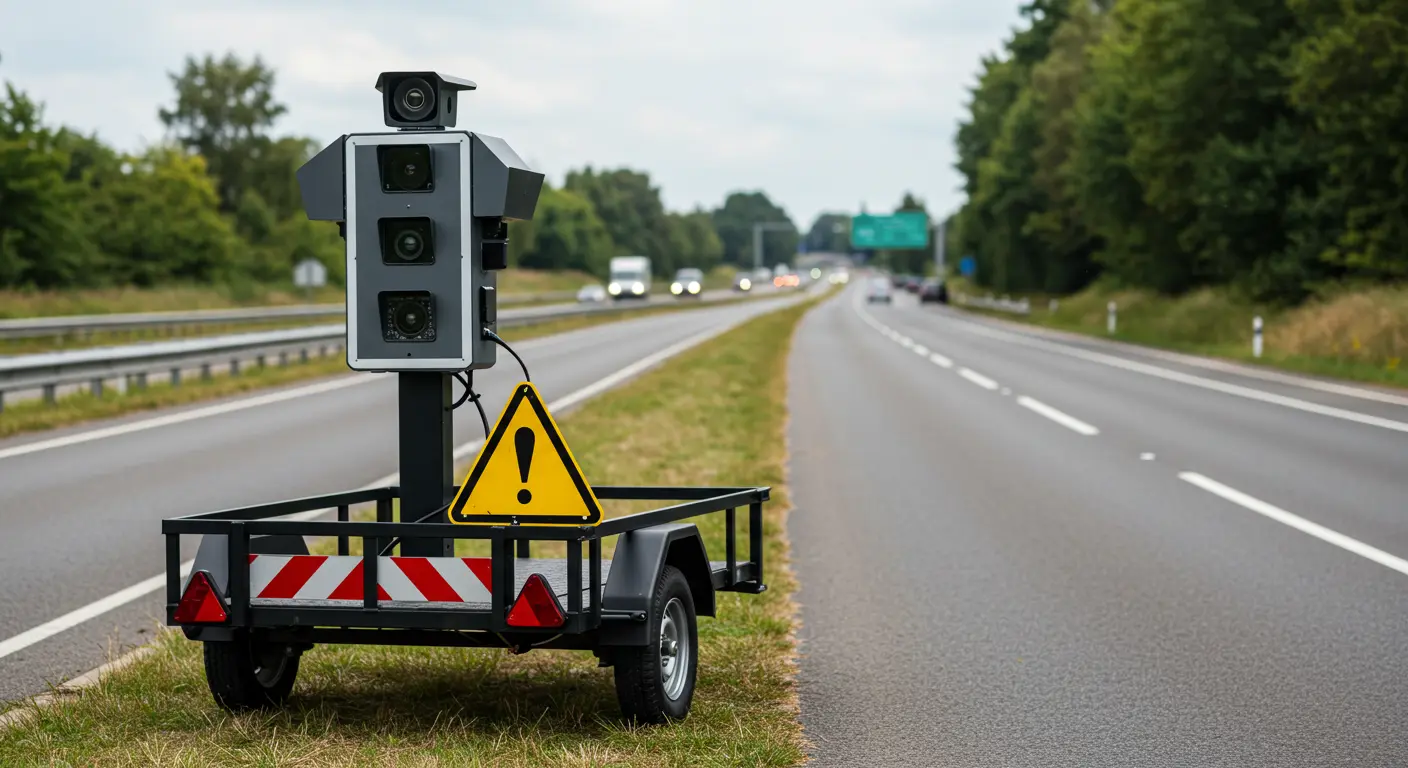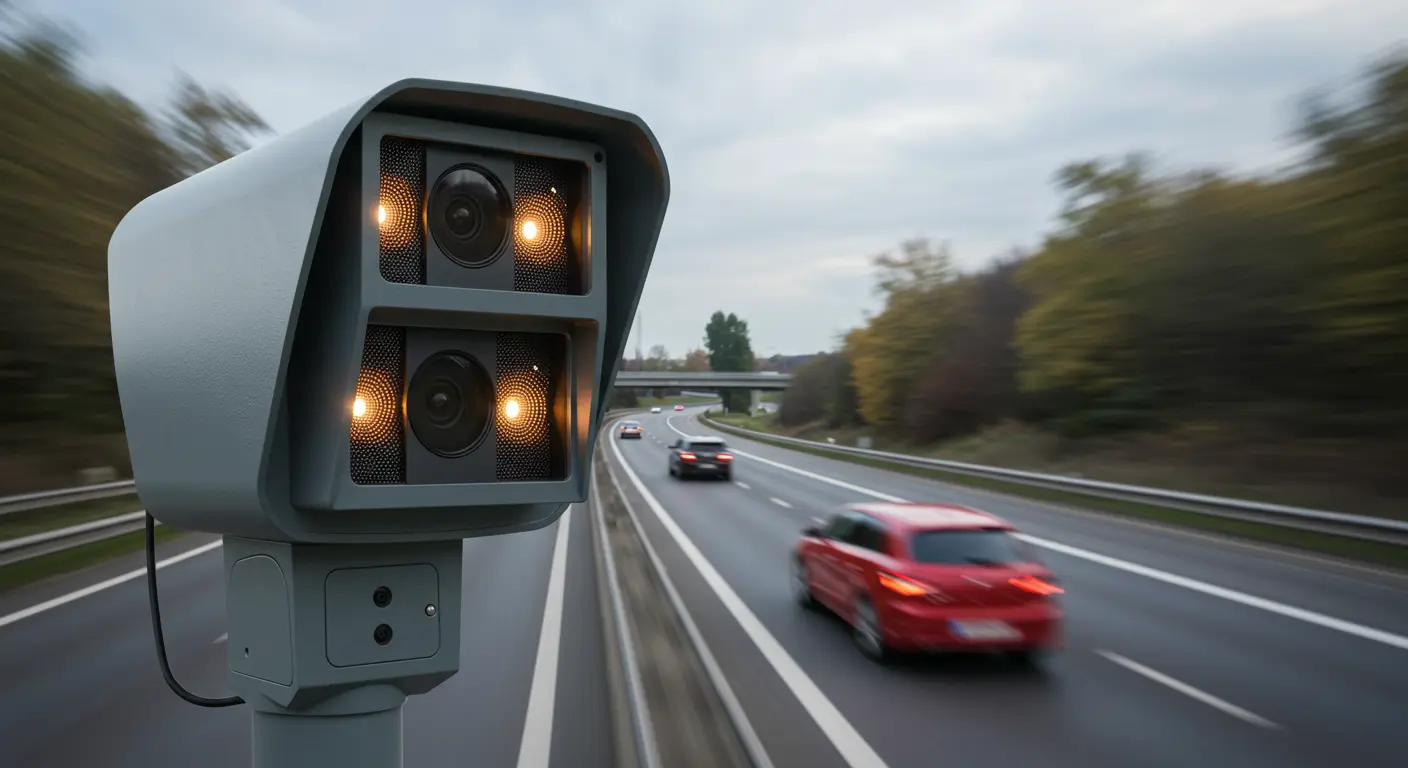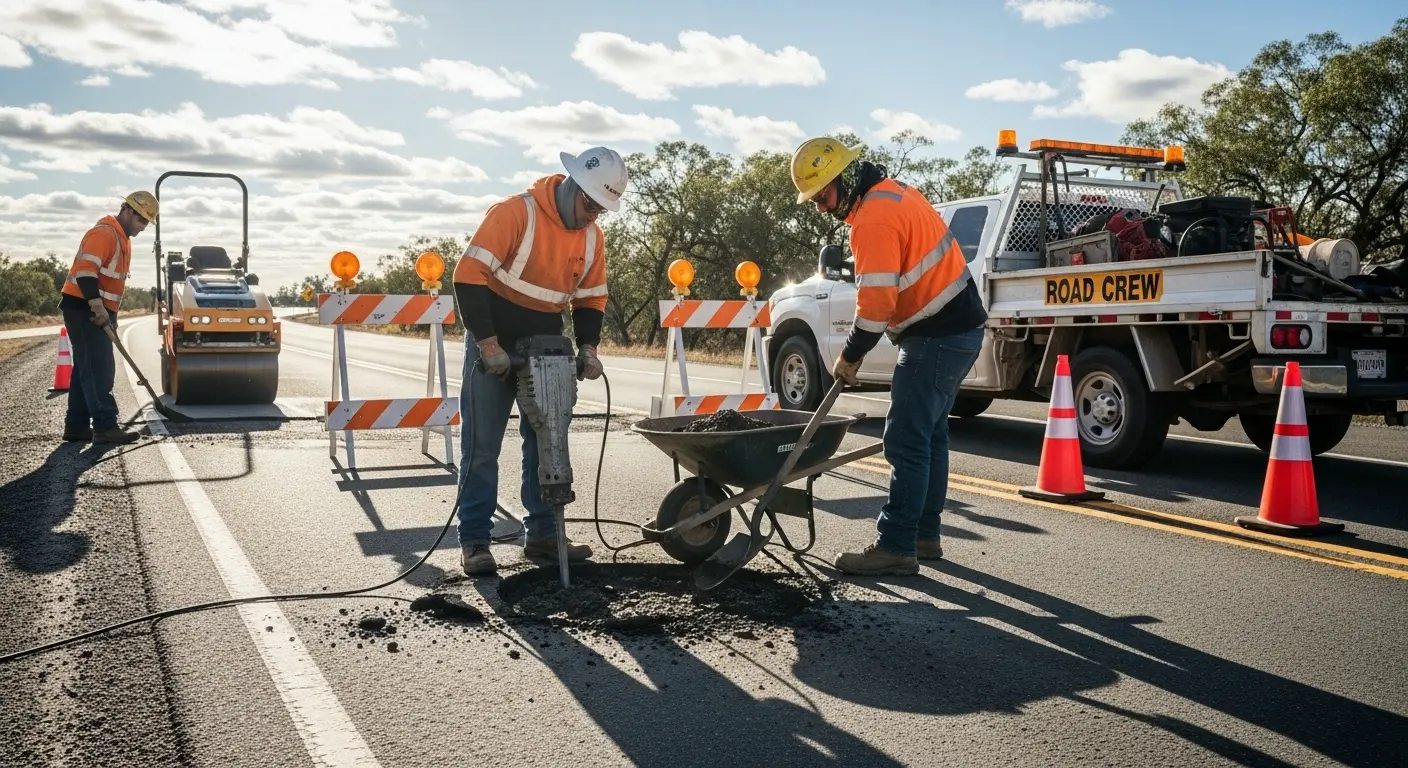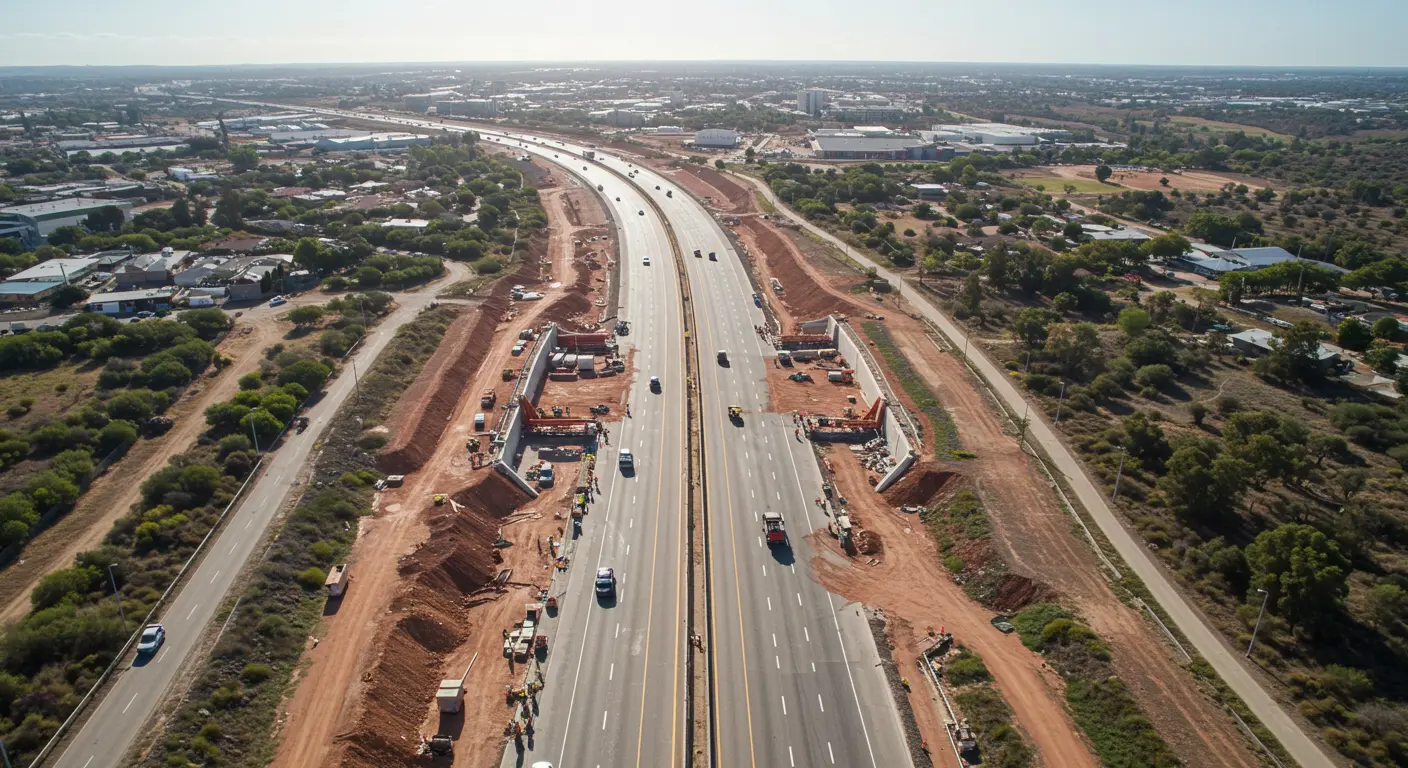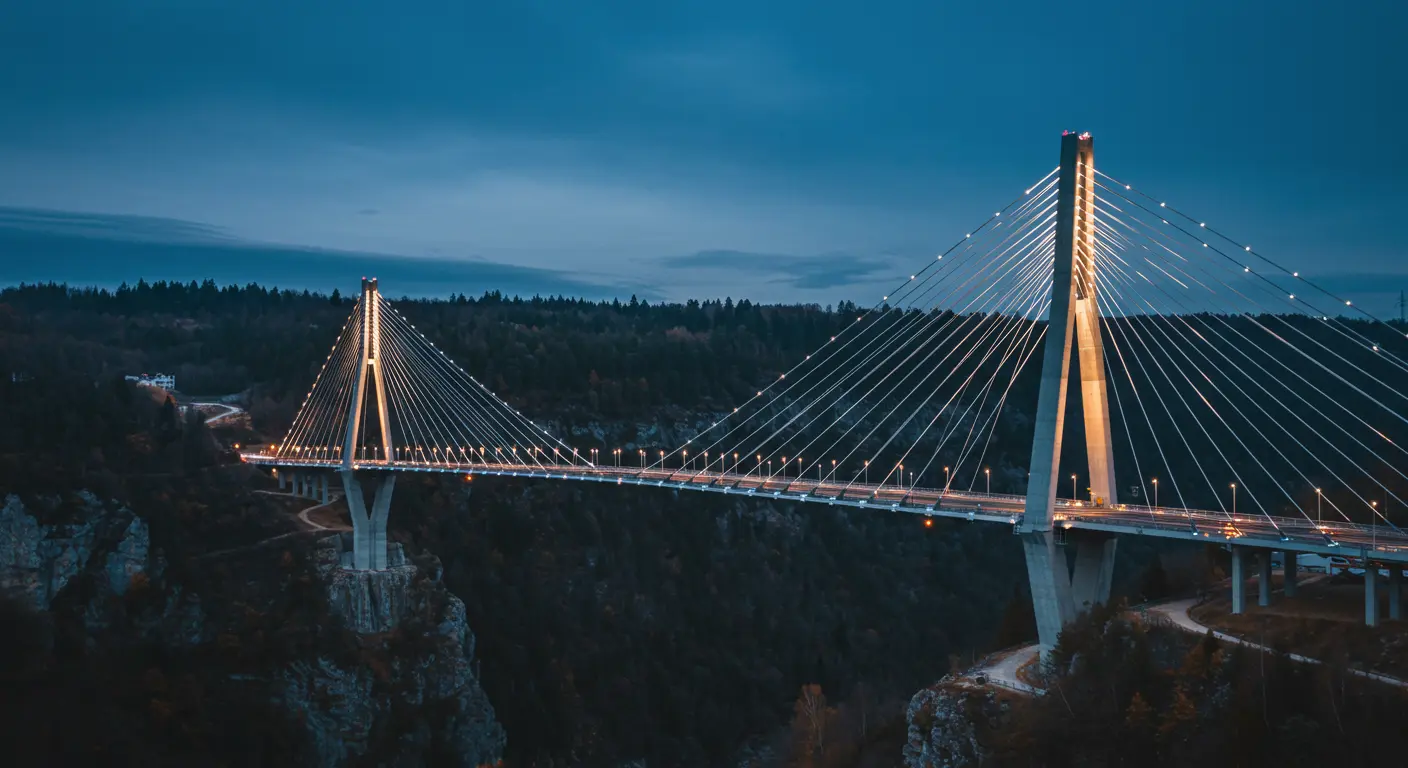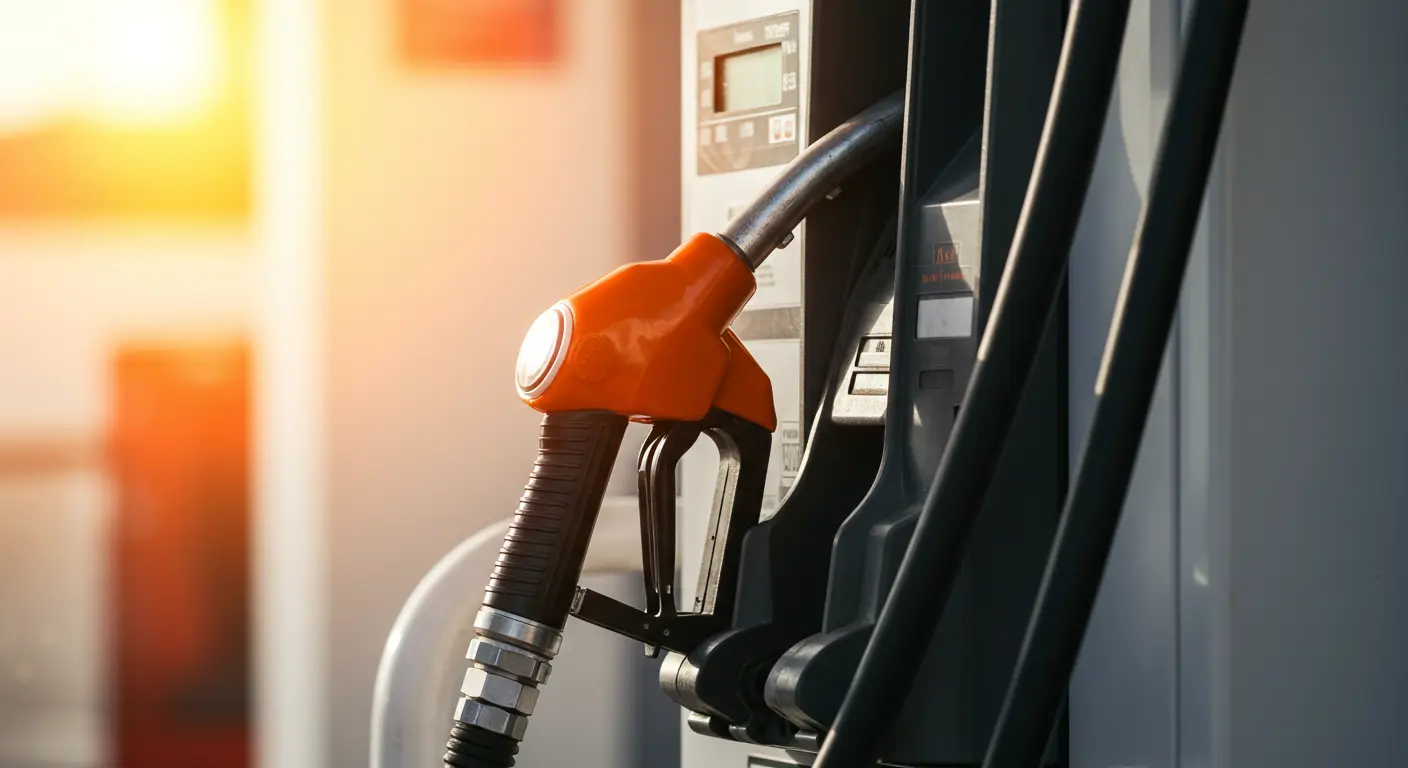Western Australia has marked a significant milestone in its transport and environmental strategy with the departure of the last diesel bus ever manufactured in the state. From this point forward, all new buses built for WA’s public transport network will be electric, fulfilling a major election commitment by the Cook Labor Government.

A New Electric Era for Public Transport
The shift to electric bus manufacturing forms a core part of the WA Government’s Made in WA initiative—designed to diversify the economy, support local manufacturing, and create skilled jobs. The commitment aligns with broader efforts to decarbonise transport infrastructure across the state.
Manufacturing is centred at Volgren’s Malaga facility, where more than 100 local jobs are supported, including 15 apprentices. This facility will now produce only battery electric buses for the state’s public fleet.
Environmental and Economic Benefits
Each electric bus has a range of up to 300 kilometres per charge and is expected to reduce carbon dioxide emissions by around 40 tonnes annually. While the upfront investment in electric buses is higher than their diesel counterparts, they are cheaper to operate and maintain over their lifetime, offering long-term savings.
Joint Government Investment and Infrastructure Rollout
The transition is being supported by a $250 million program jointly funded by the State and Federal Governments. The initiative includes the manufacture of the first 130 electric buses, charging infrastructure, and depot upgrades. Progress to date includes:
- 18 electric buses already in service on Perth CAT routes
- 18 EV charging dispensers installed at Elizabeth Quay Bus Station
- Charging infrastructure at Malaga Bus Depot, with operations beginning mid-2025
- Planned upgrades to Karrinyup and Claisebrook depots
- Construction underway for the new Bayswater EV depot

Additional State Budget Commitment
In the upcoming State Budget, the WA Government will allocate a further $61.9 million to support the full transition to local electric bus manufacturing. This funding will ensure the delivery of more electric buses and the expansion of supporting infrastructure across the network.
Long-Term Vision
While diesel buses will continue operating during a gradual phase-out over the next two decades, the focus is now firmly on a cleaner, locally driven public transport future.
This shift marks a strategic investment in both sustainability and local industry, making Western Australia a leader in Australia’s electric public transport transition.
Disclaimer: This article is for informational purposes only. For official updates, refer to the Government of Western Australia or the Public Transport Authority of WA.
